Video & Arcade Top 10

As I mentioned in An evening in 1997, one TV show I loved watching regularly was Video & Arcade Top 10.
Airing weekly on YTV, it was a game show… with video games and anything about them. Produced in Toronto, Canada, it was on a budget, while sporting a thick layer of awkwardness. But the kids watching the show saw right through it, eager to have a glimpse at the games. As for me, I was liked them—I only cared about the games; I didn’t pay attention to the oddities.
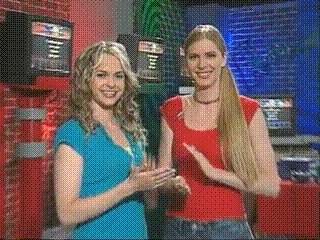

Well, that’s not true. I wasn’t just interested in the games. By early teenage mind was also fixated on the gorgeous women on the show… However, both the games and the girls were only a dream. (I didn’t own many titles myself… Hey, I wrote titles.)

The first season was hosted by one of the PJs of YTV, Gordon Michael Woolvett, or “Gord” for short. But he was soon replaced by the guy who was reading the music hit list, a local radio host with the voice for the job, Nicholas Picholas. His name in the lower third was always accompanied by the mysterious question, “Is that his real name?” How could we know? Most of us didn’t even have the Internet in the time, and where were we going to search? AltaVista? (Finally, Wikipedia knows today it isn’t.)
Nicholas stayed on the show until the end, while the other people on camera came and went like the games and the contestants. A few were on for a time so short, even their name never got mentioned.
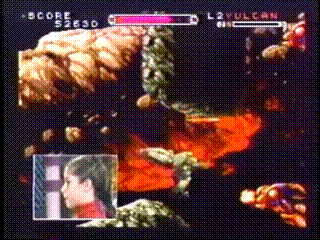
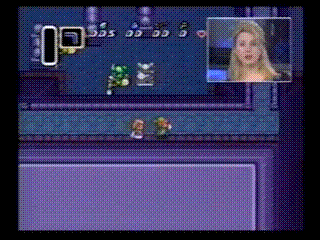
The format was simple. The hosts came in, introduced themselves, Nicholas talked about a random world fact, if he felt like it. Then, they introduced the first game and the four contestants to play it in the first “Game Action” segment. The studio received the games around a week before release, thus the players never experienced them before. The hosts were speeding through their scripts, spewing information about the games and tricks on how to beat them. Off camera, the assistant producers sometimes helped the contestants if the gameplay was lacking.
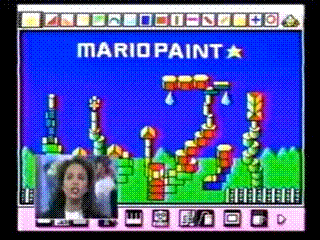
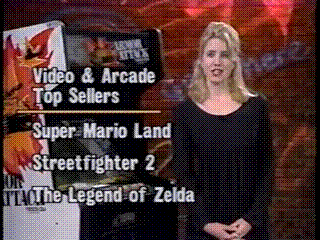
Gaming segments were sliced with short bits about recent music album and movie releases, again described by another speed talker. They should have hired John Moschitta, Jr. I’m thankful they haven’t sped up the music video and movie clips.
Before commercial breaks, they listed a top 5 of games, movies, or “Laserdisc releases, sponsored by Pioneer.” I can’t recall any “Top 10” on the show, and I never understood the title. I mean, “Video & Arcade,” so “video games” played like in an “arcade,” I suppose… but the “Top 10” stood for what?
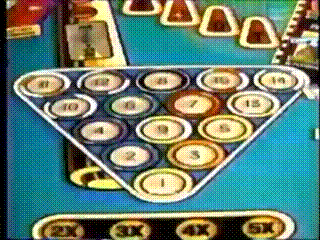
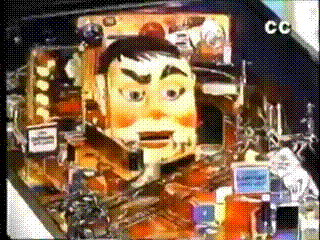
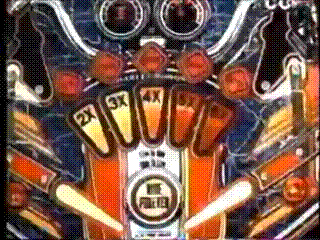
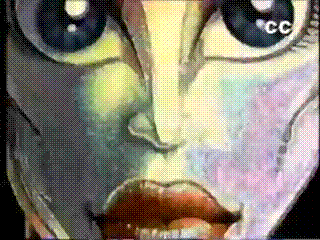
That said, the intro used for the earlier seasons didn’t make much sense either: flashing images of pinball machines (including the face of female robot from The Machine: Bride of Pin-Bot) and controllers I never recognized. Despite the non-sense of that intro, however, it was better than the later one, with lazy text effects and clips of past episodes.
What united all intros, however, was the theme music. It was composed by another Nicholas, Nicholas Schnier. He composed game music like the background track for the Crash Man stage in Mega Man 2… Can you hear the ressemblance? Either way, the theme is stuck in my head forever.
The games varied and went with the times, starting from the NES, then the Super NES, the Gameboy, and the Nintendo 64. Only Nintendo consoles, as the company was an important sponsor of the programme. Their influence was big enough for the producers to fuse the show’s ending tagline, “Play the game,” with Nintendo’s slogan in the time, “Play it loud,” giving the clunky portmanteau “Play the game loud.”

Nearing the end of every episode, Nicholas had his own segment, Letter Time, which he always opened with a jingle, “It’s letter time, it’s letter time…” He’d spend a few minutes reading fan mail, and give prizes to those who had their letter read on air. Fans even wrote lyrics to extend the opening jingle. Furthermore, Nicholas revealed years later at a reunion that a peculiar fan even sent mail too raunchy for a family-friendly TV channel… It was the manifestation of Rule 34 before it was ever written.
Looking at the show today, I can’t help to chuckle at the way every host on the show reads their script incredibly fast, making you breathe for them. And the young contestants, when introduced, looking in every direction wondering where was the exit, regretting coming in the first place.

The prizes had their own levels of cheesiness: the winner would take home items like shampoo and bubblebath, a toy helicopter, passes to a medieval times dinner, KFC, a bust of Elvis Presley, t-shirts, and… what… towels? To go with the bubblebath, I guess. There were books, but nobody wanted those. At least, every contestant was paired with someone in the audience and a “home player,” and all three would get a copy of the game played. That was cool. I lived too far away to be a contestant—I should have wrote in to be a home player!
The ending had a funny feeling, with the credits scrolling over the hosts and the contestants talking to each other, finishing with a reminder that the show was “produced by REO, the Robert Essery Organization.” A TV trope moment of the 90s.
By the way, who is Robert Essery? I sometimes wondered who that guy was. There’s not much of him online. No pictures, no social media, and a website ever mentioned on the show, reotv.com, now brings you to a page about real estate. (I guess it’s better than videoandarcade.com being a domain parking site.) According this 1994 article, his organization produced a lot of shows. Essery was a businessman no stranger to showbiz. Unfortunately, he passed away in 2013. His company was dissolved a few years later.
From time to time, I like looking up videos of the programme. A few people posted episodes, many transferred straight from old VHS tapes. One had a segment taped over by a health show, I think, and a few were by players who appeared on the programme when they were kids.
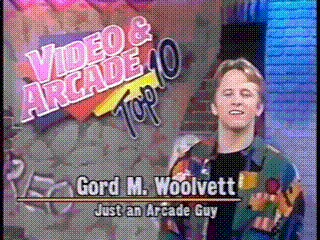
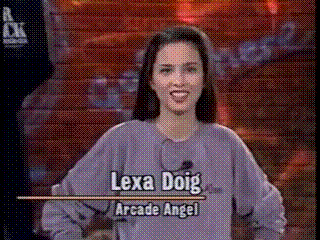


I have fun finding out what the people on the show is doing today. Gordon was replaced by Nicholas back then because he stopped showing up to work, focusing on his burgeoning acting career instead. In fact, he became a regular cast member in Andromeda, along with Alex Doig, who was also on the show in the first season. Gordon is a filmmaker today, with a website that doesn’t look updated often.
As for Nicholas, he is now a radio DJ in Buffalo, NY, somewhat active on Twitter. In 2019, he gave an interview with You, Me & YTV. The two-part video and revealed interesting behind-the-scene facts about Video & Arcade Top 10, among a few I’ve mentioned above. He recalled how the show was taped every 6 weeks, with 7 or 8 shows taped in a day. Being a nightclub DJ, he would get home late, sleep two hours, then go to the studio where taping began at 8:30, starting his sprint through the teleprompter.
All being said, I miss that show. Will it come back on air? A 2013 interview with one of the producers mentions there were recent talks about the rights of the show. We’ll have to wait and hope for Video & Arcade Top 10 to be reborn. In the meantime, there’s always Twitch.
